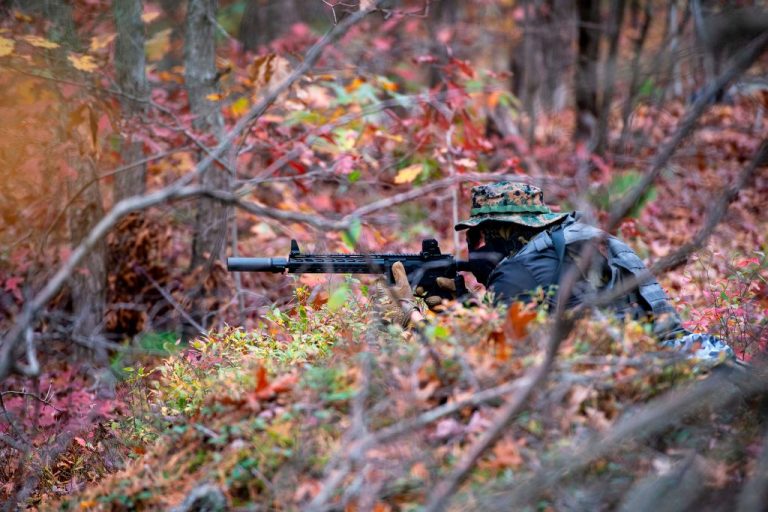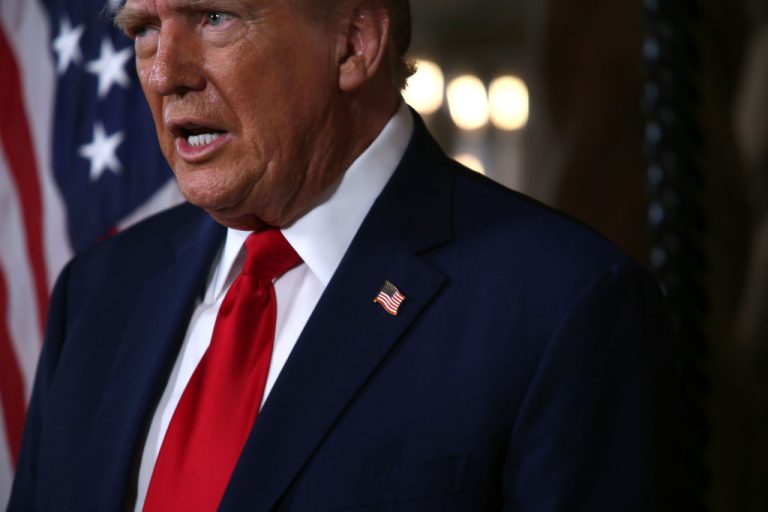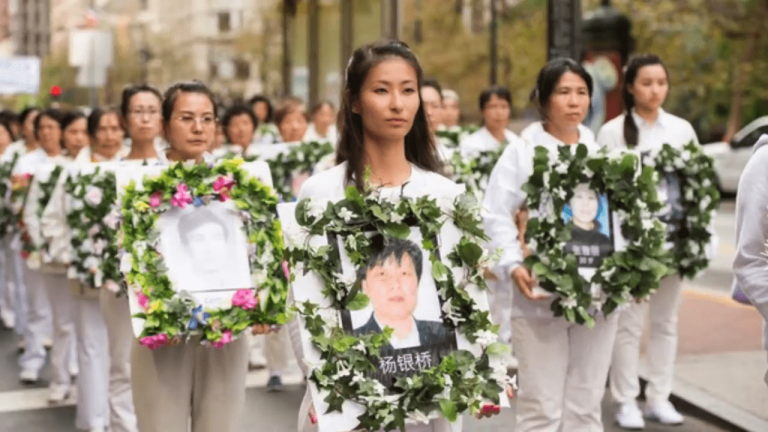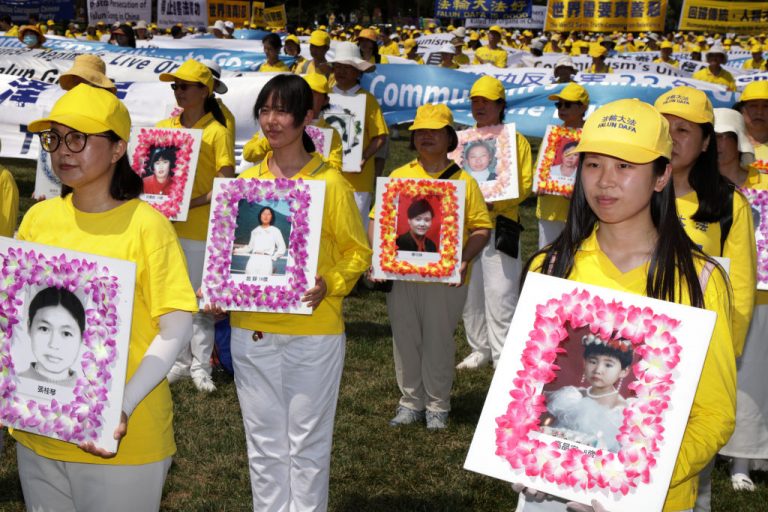On Jan. 16, two Democrat lawmakers, Sen. Edward Markey of Massachusetts and Maryland Rep. Jamie Raskin, tabled the “Preventing Private Paramilitary Activity Act of 2024” which seeks to prohibit unauthorized groups from engaging in activities reserved for state militias and would federally prohibit paramilitary groups through civil and criminal enforcement.
The bill cites the Jan. 6, 2021 riots at the Capitol as the reason for its proposal. Some are arguing that the bill is redundant since every state already has legislation governing private militias while others argue that the bill may be unconstitutional, infringing on both the First and Second amendments.
The bill aims to make it an offense to;
- publically patrol, drill, or engage in techniques capable of causing bodily injury or death;
- Interfere with, interrupt, or attempt to interfere with or interrupt government operations or a government proceeding;
- Interfere with or intimidate another person in that person’s exercise of any right under the Constitution of the United States;
- Assume the functions of a law enforcement officer, peace officer, or public official, whether or not acting under color of law, and thereby assert authority or purport to assert authority over another person with the consent of that person;
- Train to engage in any activity described in [the above.]
Specifically, the bill defines a “private paramilitary organization” as “any group of 3 or more persons associating under a command structure for the purpose of functioning in public or training to function in public as a combat, combat support, law enforcement, or security services unit.”
The definition is so broad that it could apply to private security details employed by celebrities and politicians, and potentially martial arts associations.
Success
You are now signed up for our newsletter
Success
Check your email to complete sign up
Proponents of the bill say that a federal law is required in order to prevent another Jan. 6-style event perpetrated by “white supremacists” who are involved with “private paramilitary actors.”
“Three years ago, white supremacists affiliated with paramilitary organizations stormed the U.S. Capitol, shattering windows, walls, and the families of five U.S. Capitol Police officers,” Markey said in a press release.
Markey added that “private paramilitary actors, such as the Proud Boys and Oath Keepers, pose a serious threat to democracy and the rule of law, and we must create new prohibitions on their unauthorized activities that interfere with the exercise of people’s constitutional rights. The forces of bigotry, hatred, and violent extremism must be stopped for the sake of our democracy.”
“Patrolling neighborhoods, impeding law enforcement and storming the U.S. Capitol, private paramilitary groups like the Oath Keepers, the Three Percenters and the Proud Boys are using political violence to intimidate our people and threaten democratic government and the rule of law,” Raskin, who co-sponsored the bill and served on the Jan. 6 Select Committee said in a statement, adding that, “Our legislation makes the obvious but essential clarification that these domestic extremists’ paramilitary operations are in no way protected by our Constitution.”
READ MORE:
- The Collapse of Evergrande: A Symbol of China’s Deepening Property Crisis, Flailing Economy
- Hong Kong Feels the Impact as Foreign Investors Vacate China
- US Navy Sends First Warship Through Taiwan Strait Post-Election
Bill unlikely to succeed
Eric Berger, a professor of law at the University of Nebraska-Lincoln, believes the bill is unlikely to be pass Congress, telling Straight Arrow News, “One would be to argue that this is beyond the scope of Congress’s power. I think that’s probably pretty unlikely to succeed since the Constitution gives Congress the authority to discipline the militia.”
“I think it’s not an exaggeration to say that contemporary Congress is pretty dysfunctional. So, the odds of getting it through the Senate and especially the House right now given that Republicans control the House, is unlikely. Not impossible but pretty unlikely,” he added.
The United States does have state-led militia’s including the National Guard and Naval Militia, and some argue that the U.S. Constitution allows for private citizen militias as long as their activities do not violate any laws.
R.J. Larizza, a Florida state attorney, argues that “the words ‘a well regulated militia’ refer to a well trained and equipped force competent in the handling and use of their particular firearms — not a force that is subject to extensive government regulation.”
Chris Chappell, host of popular YouTube channel America Uncovered, argued in a recent program that historically Larizza’s description has been accurate.
“In the late 18th century, ‘well regulated’ meant ‘practiced,’ not ‘controlled by a government,’ Chappell stated, adding that “George Washington was tired of his War of Independence soldiers showing up not knowing how to load a musket ball.”
According to Chappell, Larizza also believes that “because the underlying purpose of the Second Amendment was to provide the people with a means to defend against oppressive and tyrannical government practices, a collective right to form citizen militias was created to provide the people with the means to defend against, and ultimately eliminate, oppressive and unconstitutional governmental acts.”
READ MORE:
- Toyota Head Questions EV Dominance, Champions Hybrids and Hydrogen Fuel
- ‘Extraordinary’: Shen Yun Debuts in Puerto Rico to Resounding Success, Sold-Out Performances
- The Latest Victims of China’s Surveillance State
Federal law not required
Many argue that a federal law is not required to regulate militias, as each state already has robust, enforceable laws that regulate private militias or paramilitary activities.
Currently, all 50 states have regulations that restrict private paramilitary organizations, and excluding Georgia and New York, each state has some sort of provision requiring military subordination to civil authorities, meaning the state has the authority to direct private militias.
In addition, private militias are prohibited outright in 29 states, including Florida and Texas, while 25 have statutes that criminalize specific paramilitary activity to prevent disturbances such as civil disorder.
The Brennan Center for Justice, an independent, nonpartisan law and policy organization, argues that “there is no authority under federal or state law for private individuals to form their own private armies,” and according to Georgetown’s Institute for Constitutional Advocacy and Protection, it remains illegal to “act” as a private militia.
“All 50 states prohibit private, unauthorized militias and military units from engaging in activities reserved for the state militia, including law enforcement activities,” the Institute says.













